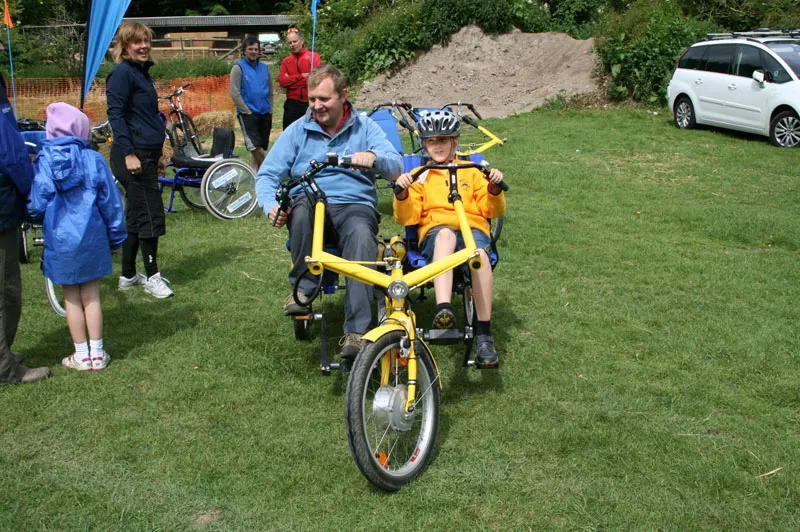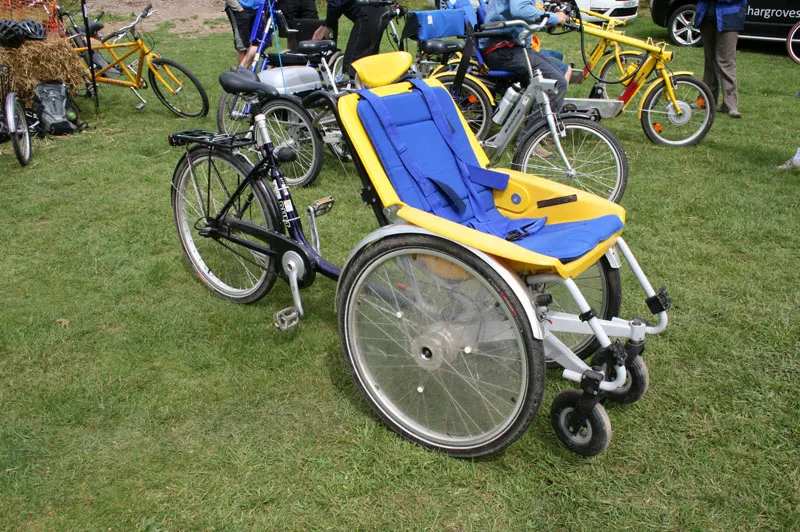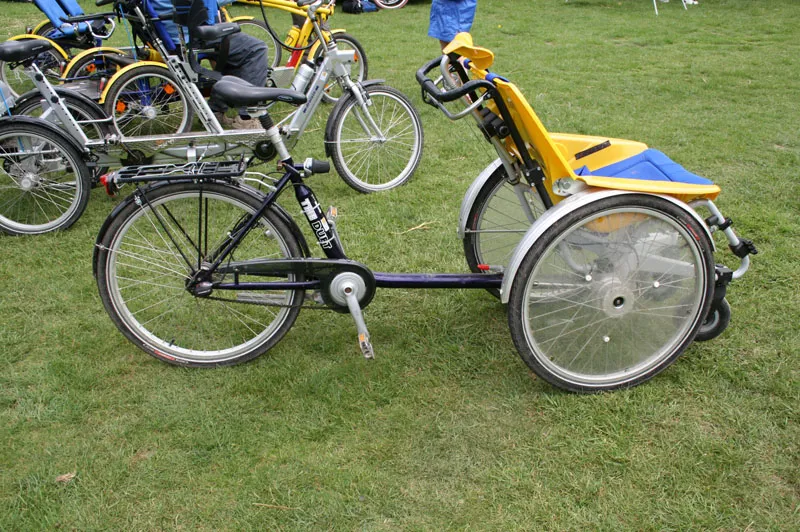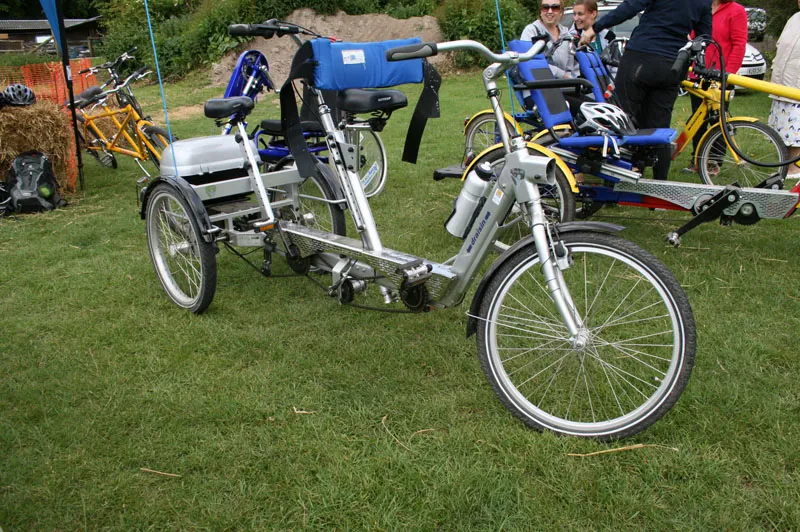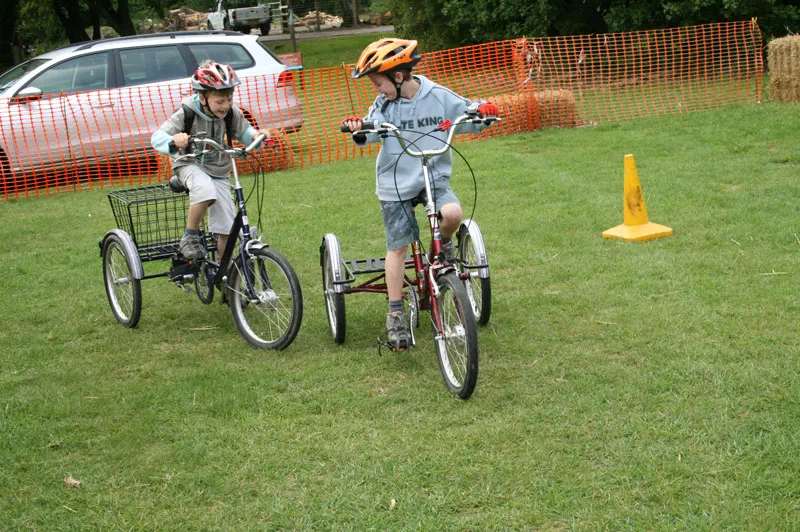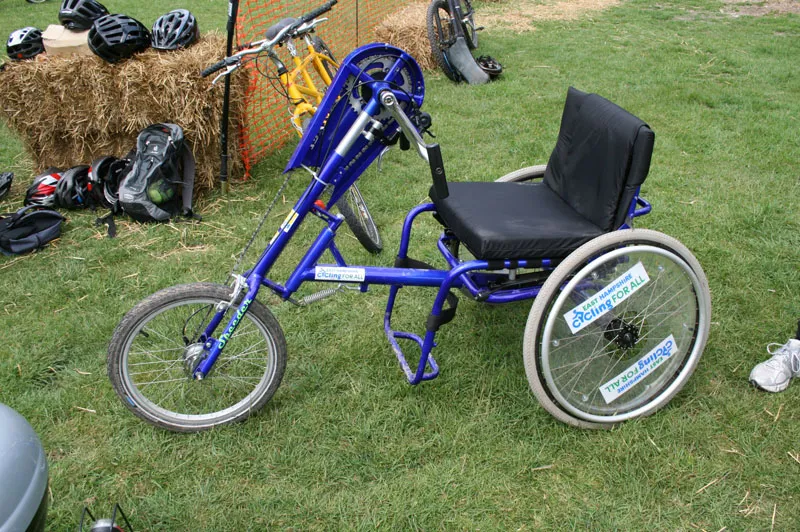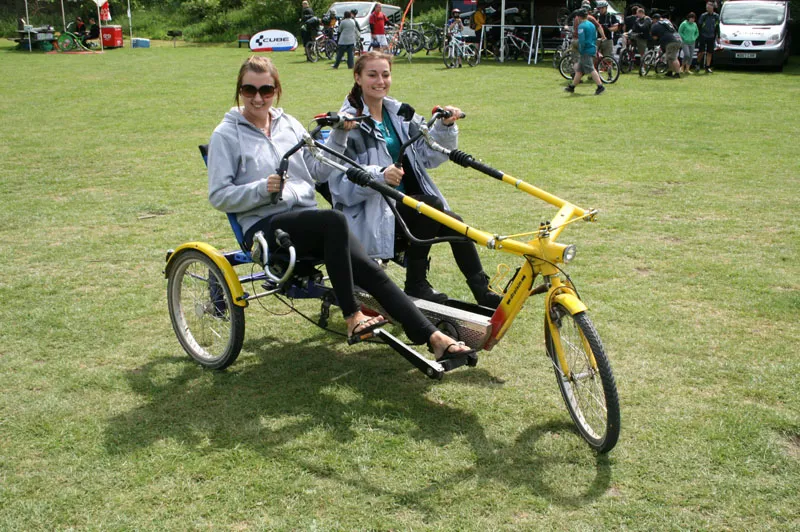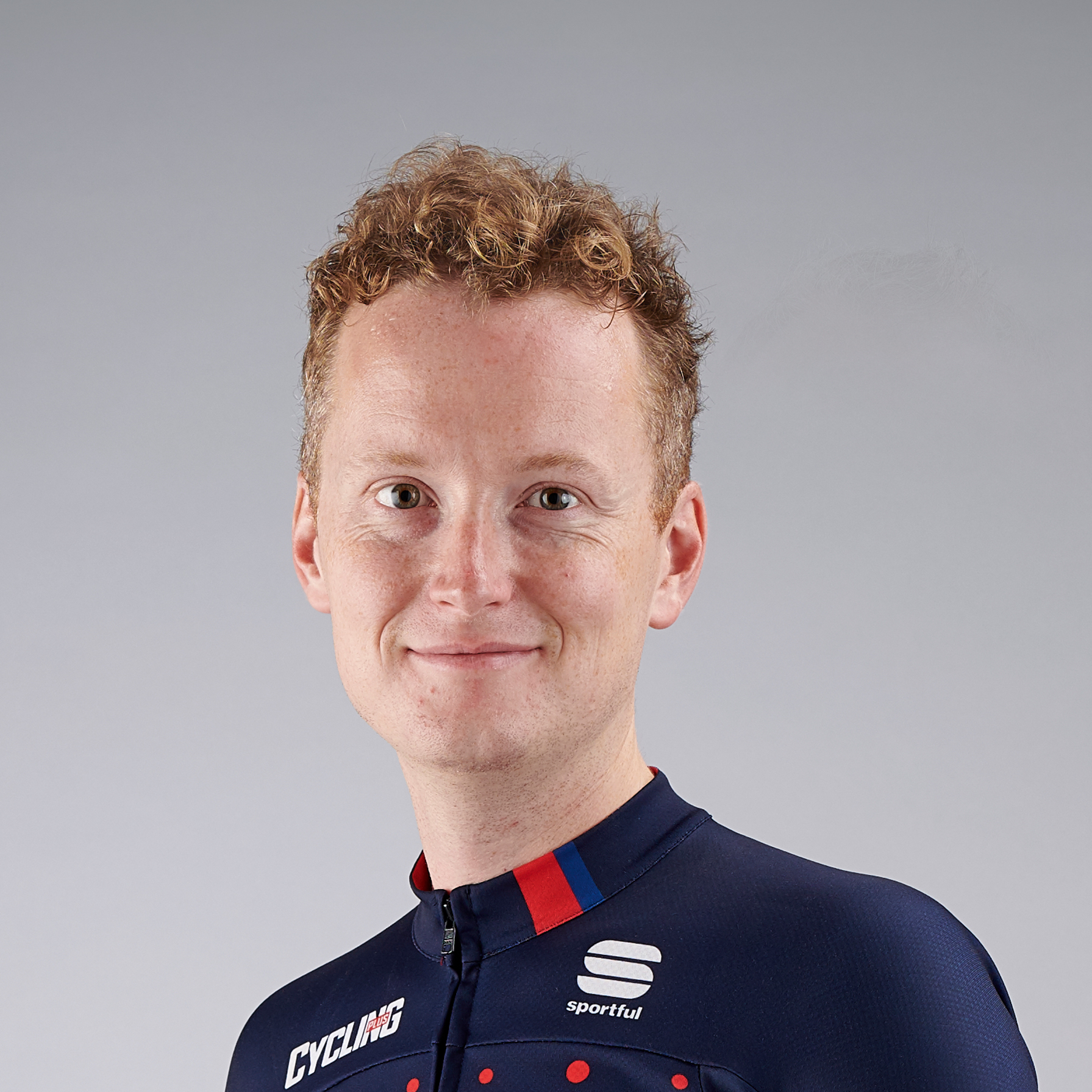At the start of 2008, CTC Charitable Trust – the charity arm of the UK’s national cyclists’ organisation – received £6.3m in funding to kick-start a programme that would see cycling brought to a whole new audience.
Sections of society which historically didn’t choose or weren’t able to access cycling - the disabled, elderly and ethnic minorities - would be encouraged to do so with the help of 13 development officers across England. It was called the Cycle Champions Programme and has seen projects spring up in a number of places around the country, including Manchester, Sheffield, Derby and East Hampshire.
BikeRadar took a closer look at the latter project – East Hampshire Cycling For All - on a recent demo day at Queen Elizabeth Country Park near Portsmouth and spoke with its leader, Sarah Walker. A collaboration between CTC, Get Active East Hampshire and the Forestry Commission, it runs inclusive cycling sessions at Alice Holt Forest in Farnham, Surrey and aims to give all people the opportunity to tap into the mental and physical benefits of cycling, no matter what their age, ability or location.
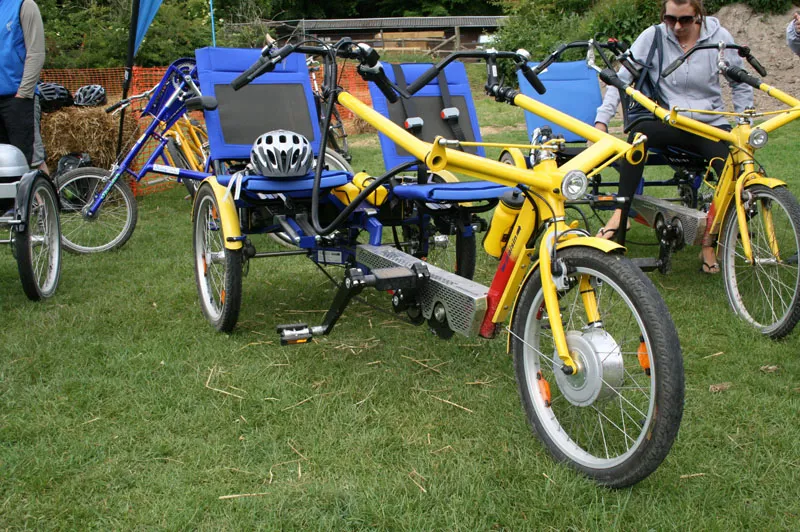
The East Hampshire project has a fleet of cycles that can be adapted to suit the needs of almost anyone
As with all the projects, funding is set to run dry by next March and Walker says her biggest challenge now is to turn it into a sustainable programme which isn't so heavily reliant on funding, once that day arrives. Tapping into the new Local Sustainable Transport Fund - a £560m pot available over four years for transport schemes which help cut carbon emissions - is an option, as well as attracting more volunteers to help with both training sessions and bike maintenance.
From day one, there were two specific targets; to attract volunteers and to get more people on bikes. "The original plan was to help boost the lack of provision for people with disabilities," Walker told BikeRadar. "This soon developed to include people who may not have a specific disability but may just lack the confidence to ride a two-wheeled bike. From our point of view we are talking about making cycling accessible to anyone in whatever way is appropriate. If we are too prescriptive we become exclusive and our aim has always been to include everyone."
Walker has worked with a whole host of people, from stroke victims to people with mental health issues. As a former secondary school teacher, she has gone into schools to give PE staff the training to be able to carry out the work she does. She talks to people about their specific needs, offers tasters and sets up a cycling experience dedicated to what they require. As you can see from the gallery, the fleet includes a huge variety of bikes, not just aimed at people with disabilities. A key aspect of their work is to enable families to get out on their bikes together, which means normal two-wheeled bikes are an essential part of the programme.
"The process involves breaking down whatever barriers there may be to people getting engaged with cycling, whether its the perception of danger, lack of confidence, lack of an appropriate bike or simply a lack of encouragement," she said.
Crediting disability cycling as the most rewarding aspect to her job, she added it's special to see how beneficial cycling can be to groups who've never had the opportunity to experience it before. Whether the project carries on post-March 2012 remains to be seen, but the fine work it's achieved in allowing everyone to access cycling in south east England cannot be underestimated.
